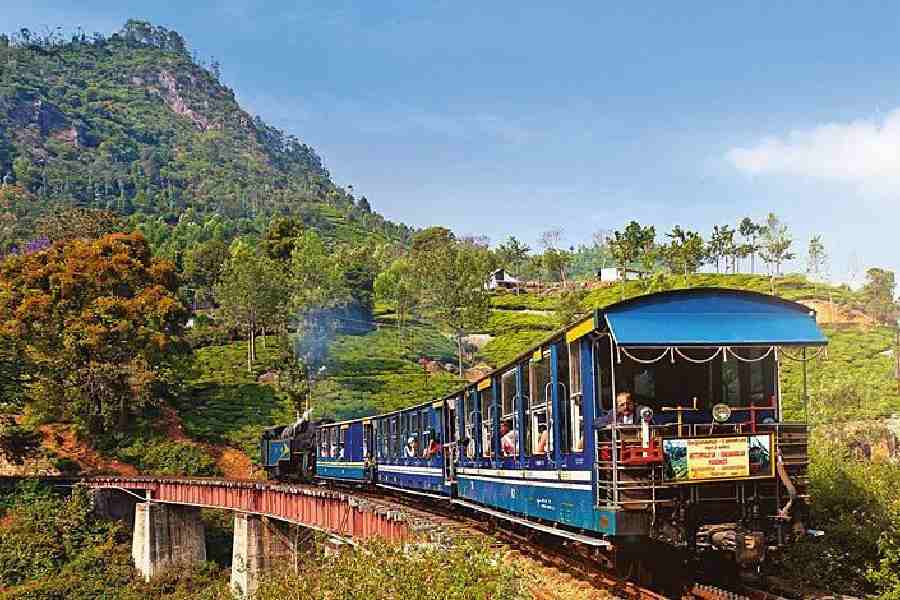Guwahati, May 25: Organic tea cultivation could just be one of the ways for tea gardens to battle climate change.
It is one among the many agronomic practices recommended by the working group on climate change constituted by the Intergovernmental Group on Tea under the UN’s Food and Agriculture Organisation, which met in Rome earlier this month.
“Organic cultivation of tea is a sustainable way to combat climate change. Use of naturally available products such as organic manures or compost increases climate resilience,” the working group said in its report.
The group is a forum for inter-governmental consultation and exchange on trends in production, consumption, trade and prices of tea, including regular appraisal of the global market situation and short-term outlook.
The meeting discussed the situation in the Assam tea gardens, which are already feeling the brunt of climate change. R.M. Bhagat of the Tocklai Tea Research Institute in Assam chaired the working group meeting on climate change, which was attended by officials from Sri Lanka, Kenya, China, among others.
Future scenarios for climate developed by scientists at the Tocklai institute in Jorhat show that on a long-term basis, the annual total precipitation is likely to decrease almost all over Assam and have a subsequent impact on tea production.
“A perusal of the data for 2020 and 2050 indicates that rainfall was going to fall below the current levels and the temperature is also going to increase from the current levels,” a scientist working on climate change in Tocklai, said.
The group said tea plantations in some countries of Asia and Africa (some of the poorest countries in the world), are the major livelihood option for millions of people. During recent years, some of these tea-growing countries have indicated disturbing trends of decline in tea yield at many places and productivity primarily owing to the stresses (biotic and abiotic) brought about by climate abrasions.
“The possible fallouts of climate change are already being witnessed and have increased management costs and certain agronomic practices can be applied, which can not only increase the resilience of the agro-ecosystem in changing climate condition but also help to adapt to the changes,” the report said.
On Assam, it said efficient planning on artificial irrigation could reduce the drought risk in tea plantation areas. Both sprinkler and drip irrigation can be used depending on the terrain, nature and location of plantation and available water during dry season, as the number of gardens under irrigation is increasing.
It called for multiple cropping which was an excellent alternative to ensure some earning from other crops, if the production of tea is hampered owing to extreme events. Intercropping tea and rubber is very much popular nowadays. Vegetables, fruits and spices can also be used as intercrops, the report said.
“Water harvesting is an effective measure to store excess water and reuse it when necessary. Excess water during monsoon can be stored in farm ponds and storage tanks for irrigating tea plantations during dry periods. The practice is already visible in gardens of Cachar district,” the report said.










